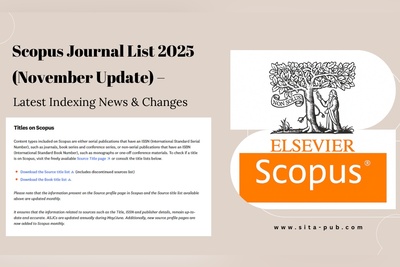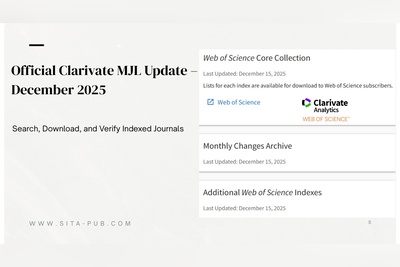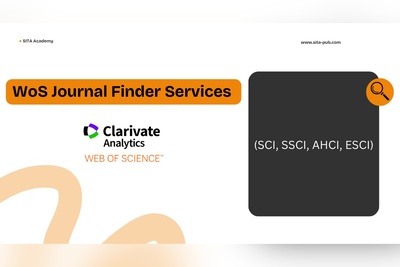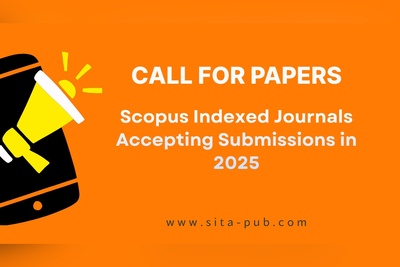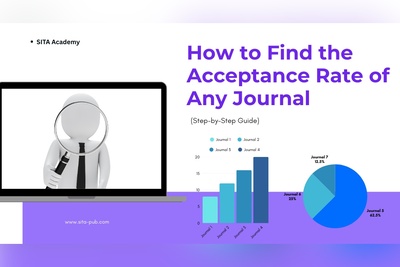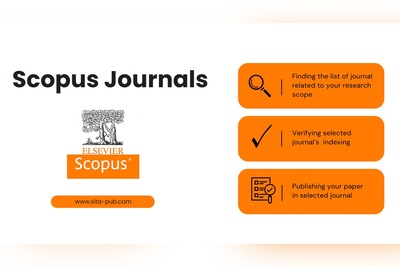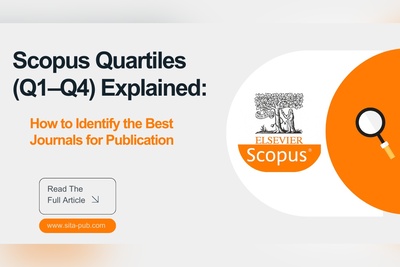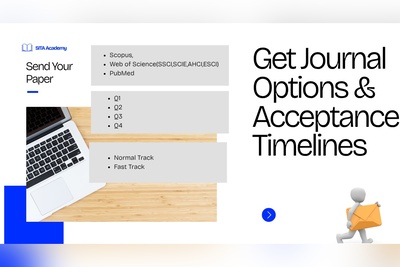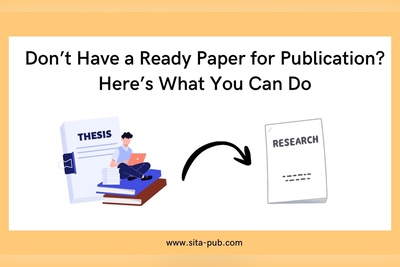Send Your Paper – Get Journal Options & Acceptance Timelines
Learn how to select the right peer-reviewed journal for your research based on indexing, quartile rank, publication fees, acceptance rates, and timelines. This guide explains key journal selection criteria, common pitfalls to avoid, and how researchers can streamline the submission process to achieve faster and more successful publication outcomes.
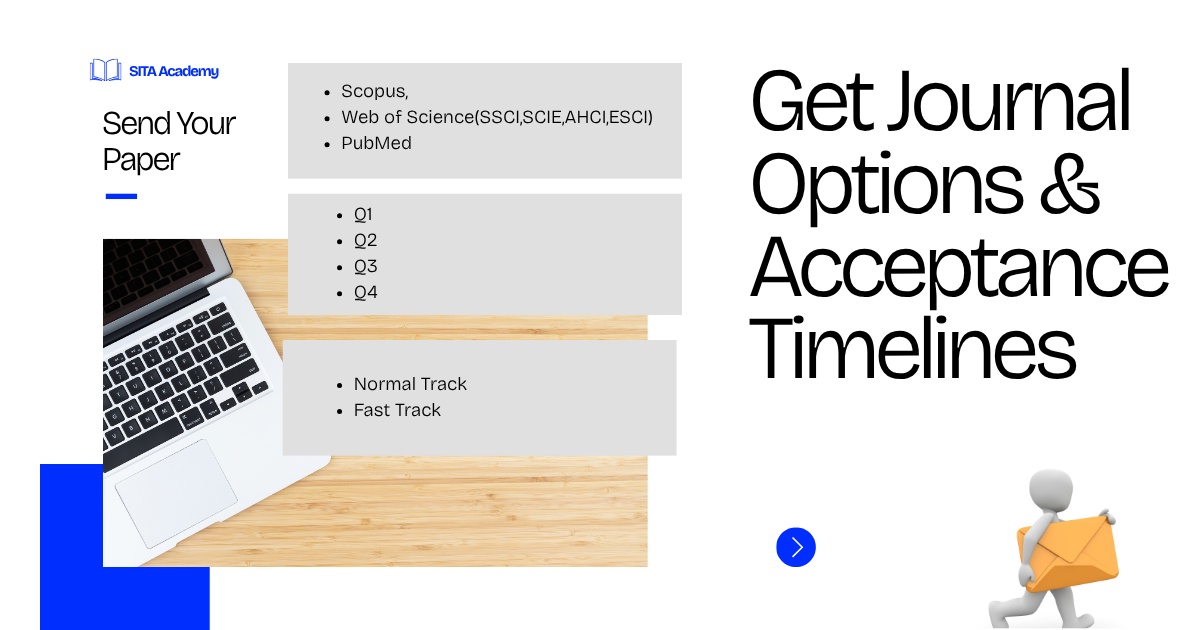
Publishing in internationally peer-reviewed journals is a major milestone for researchers, academics, and professionals across disciplines. Whether you are a PhD student, a university lecturer, or a corporate researcher, getting your work published enhances your academic profile.
However, one of the most challenging and time-consuming steps in this process is selecting the right journal. Many researchers spend weeks searching for a suitable journal that matches their topic, indexing preference, and deadline — only to face rejections or delays due to mismatches between their paper and the journal’s scope.
At SITA Academy, we simplify this process with our Free Journal Recommendation Service — a professional support designed to help you find the most suitable journals for your research in Scopus, Web of Science (WoS), SSCI, SCIE, AHCI, ESCI, and PubMed databases.
Why Journal Selection Matters
The journal you choose determines how visible and credible your research will be. A good match increases your acceptance chances, ensures timely publication, and aligns your work with the right academic audience.
Different researchers have different goals —
Some need Scopus Q1–Q3 indexed journals for academic promotion.
Others require Web of Science (SSCI or SCIE) journals for university ranking or funding requirements.
Many are looking for fast-track publication due to upcoming deadlines.

No matter your goal, journal selection must be strategic — balancing indexing, scope, fees, and publication speed.
Key Journal Selection Criteria
When choosing a journal, authors usually consider several important factors:
Indexing
Different universities and institutions have their own requirements for accepted databases. Common indexing systems include:
Scopus – widely recognized across disciplines.
Web of Science (WoS) – includes SSCI, SCIE, AHCI, and ESCI categories.
PubMed – essential for medical and health sciences.
Each indexing system indicates the journal’s credibility and visibility in the global academic community.
Quartile Ranking (Q1–Q4)
Scopus and Web of Science journals are ranked into quartiles (Q1 being the highest).
Choosing the right quartile depends on your institution’s requirements and your research goals. For example, promotion applications often prefer Q1 or Q2 journals, while Q3 and Q4 options can be better for faster publication.
Publication Fee (APC)
Some journals charge an Article Processing Charge (APC), especially open-access journals. These fees can range from $300 to $3000 depending on the publisher.
Other journals are completely free (Diamond Open Access), meaning there is no fee for submission or publication.
Acceptance and Publication Timeline
If you have a deadline for graduation, promotion, or funding, the publication timeline is critical.
Some journals complete peer review and publication in 1–3 months, while others take 6–12 months. Our team helps identify journals with shorter acceptance times based on real publishing data.
Acceptance Rate
Not all journals are equally competitive. High-impact journals may have acceptance rates below 10%, while others accept 40–60% of submissions.
We evaluate your paper’s quality and match it with journals that have higher acceptance probabilities.
Open Access or Subscription-Based
Open-access journals make your paper freely available online, increasing visibility and citations.
Subscription-based journals limit access to subscribers but may carry higher prestige in certain fields.
Other Journal Metrics
Metrics like CiteScore, Impact Factor, and SJR help assess a journal’s academic influence.
We include these details in our report so you can make an informed choice.
SITA Academy’s Free Journal Recommendation Service
Finding the perfect journal doesn’t have to be stressful.
At SITA Academy, we provide a free, expert-guided journal recommendation tailored to your paper’s content, field, and goals.
How It Works:

Submit Your Paper
Send your manuscript to us via WhatsApp, Telegram, Email, or Online Chat — whichever channel is convenient for you.
You can also mention your specific requirements (e.g., Scopus Q2, WoS-SSCI, fast publication, low APC, etc.).
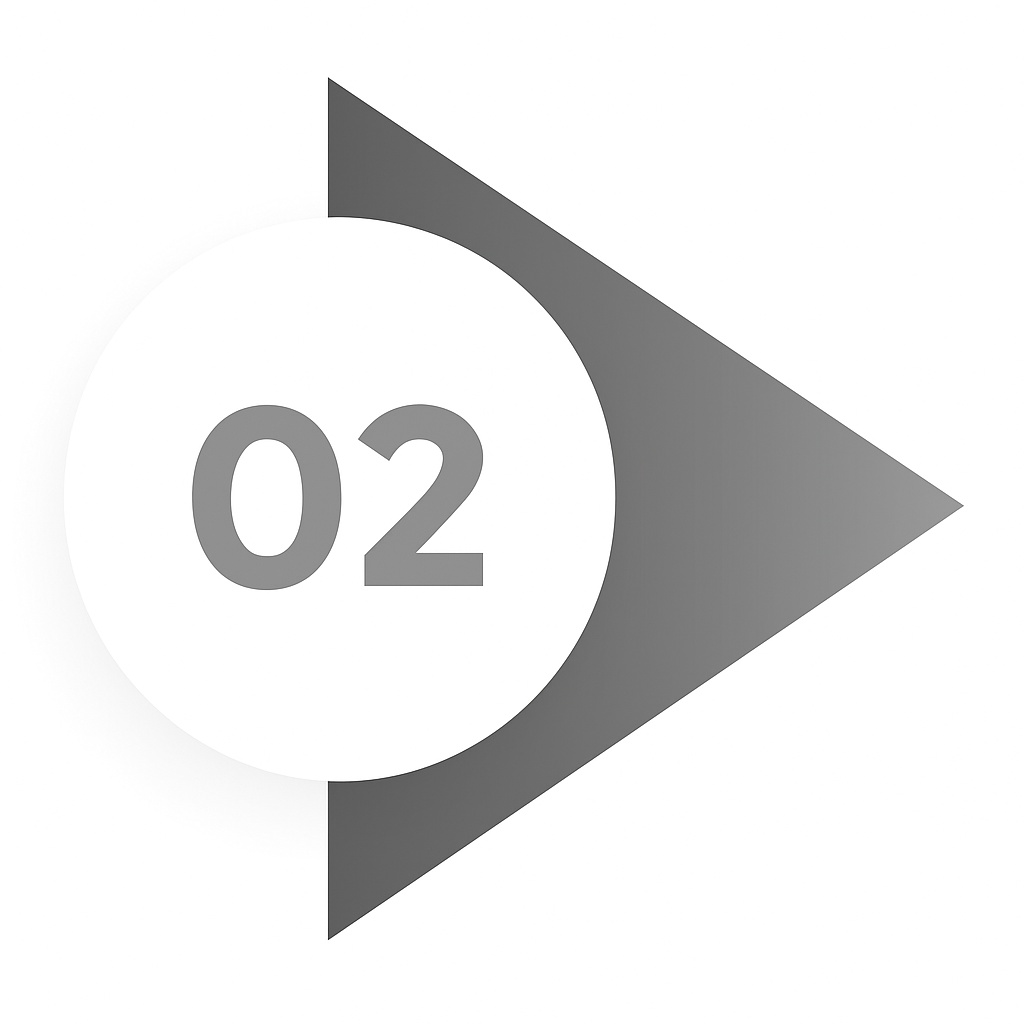
Expert Review
Our editorial specialists review your paper carefully to assess:
Research field and keywords
Novelty and scope
Quality and readiness for submission
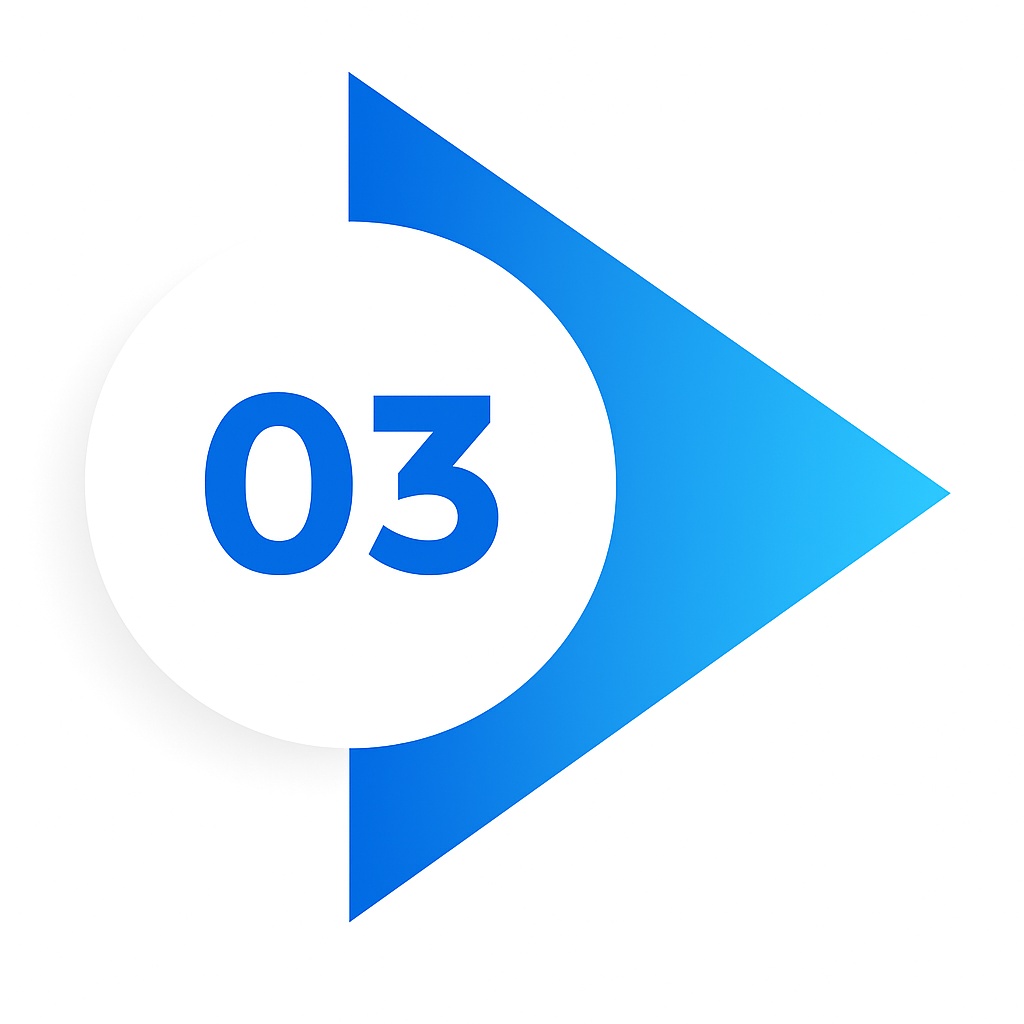
Matching with Journals
Based on your preferences, we identify the most suitable journals with:
High acceptance rates
Matching research scope
Confirmed indexing (Scopus, WoS, etc.)
Clear acceptance and publication timelines
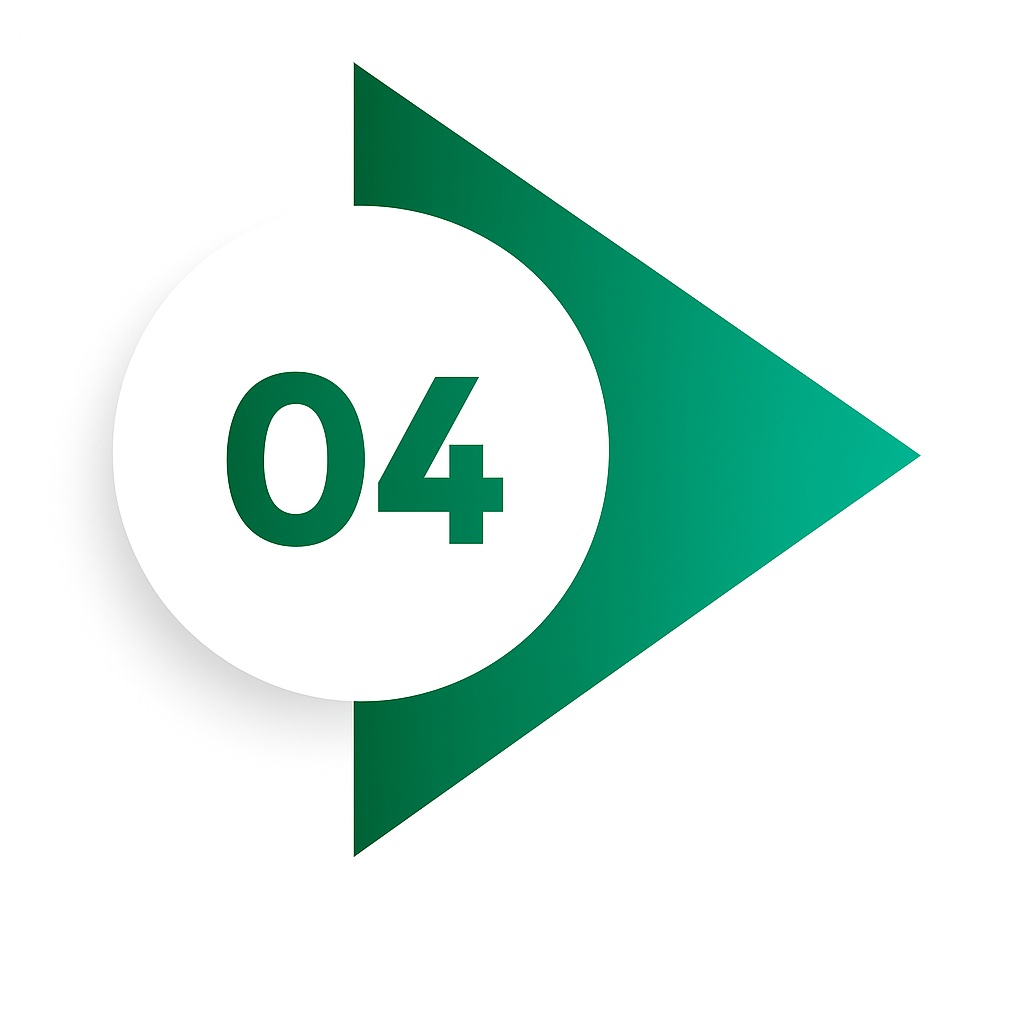
Receiving the Journal List
Within a short time, we’ll send you a personalized list of journals that includes:
Journal name and publisher
Indexing and quartile rank
Official website and ISSN
Acceptance and publication timelines
APC (if any)
You can verify each journal independently using the provided details.
Want Full Publication Assistance?
If you prefer, we can also handle the entire publication process for you — from formatting to submission.
Our Publication Support Service includes:
Formatting your manuscript according to the journal’s specific template and style guide.
Submitting the paper directly to the journal on your behalf.
Communicating with editors.
Monitoring the progress until publication.

This service ensures your paper is professionally presented and submitted correctly — saving you valuable time and effort.
Optional Add-On Services
To increase your acceptance chances, SITA Academy also offers optional academic enhancement services, including:

1. Native English Editing
If your paper is written by a non-native speaker, grammatical errors or unclear sentences may reduce acceptance chances.
Our editors — native English experts — ensure your writing is fluent, academic, and meets journal standards.

2. Plagiarism Checking and Removal
Most journals use plagiarism detection tools like Turnitin or iThenticate.
We provide a plagiarism screening report and help you rewrite overlapping content to reduce similarity percentages to acceptable levels.
These services are especially valuable for:
Researchers from non-English-speaking countries.
Authors resubmitting revised manuscripts after peer review.
Graduate students preparing papers from their dissertations.
What About Writing Services?
We do not offer writing from scratch.
However, if you have a Master’s or PhD thesis, our academic team can convert it into multiple publishable papers, formatted and ready for journal submission.
This helps you maximize your research output efficiently and publish in reputable journals faster.
Why Choose SITA Academy
Expert team with experience across all disciplines.
Verified indexing and journal authenticity.
Personalized recommendations based on your goals.
Free consultation and journal list delivery.
Optional full publication management and editing support.
Ready to Get Started?
Finding the right journal doesn’t have to be difficult or expensive.
Let our experts do the research for you — completely free of charge.
Want journal recommendations for your paper?
Send your paper to any of the following channels for review:
Email: [email protected]
Online Chat: Visit our website to connect directly with our team
We’ll analyze your paper and send you a complete list of matching journals with full details, acceptance timelines, and indexing confirmation.

Take the next step toward successful publication —
Send your paper today and get your personalized journal list for free!
